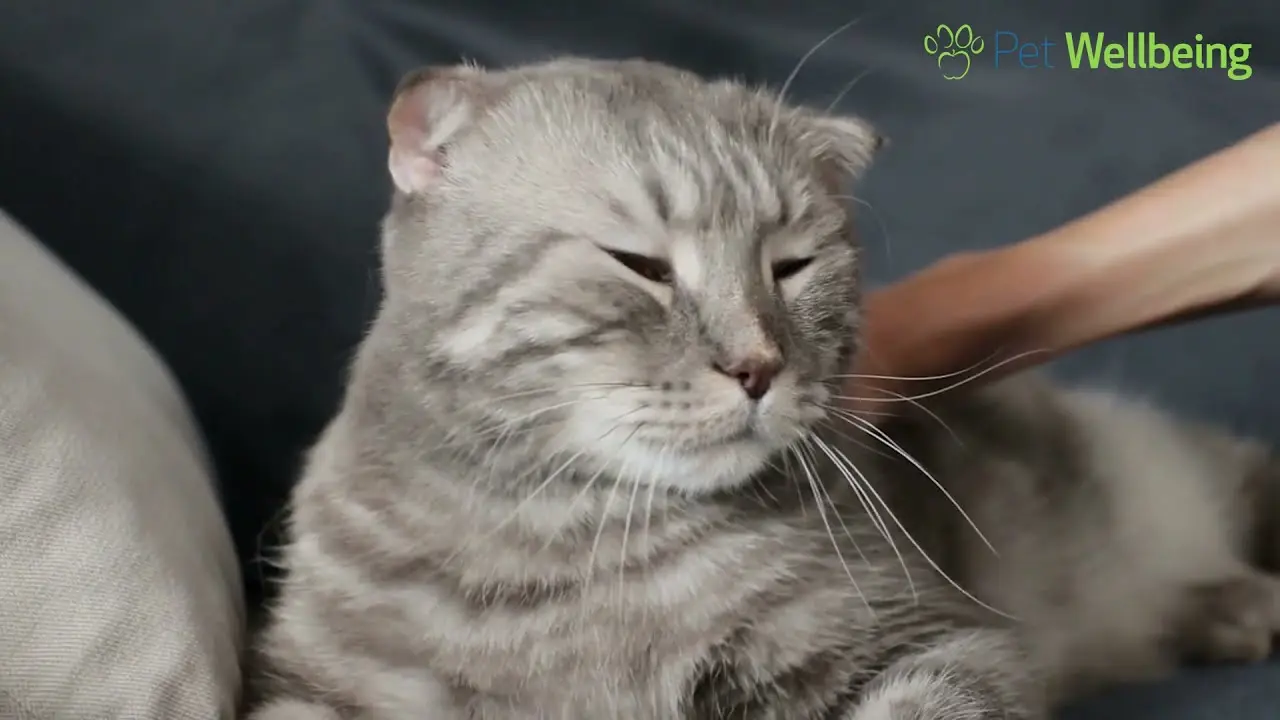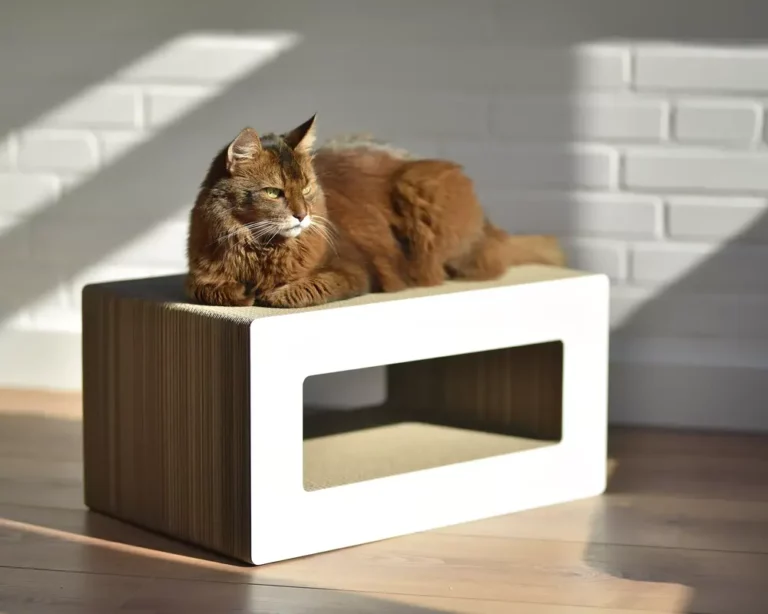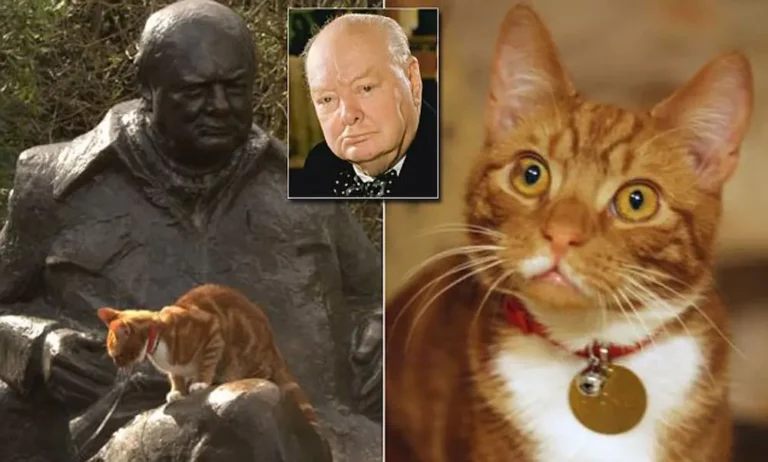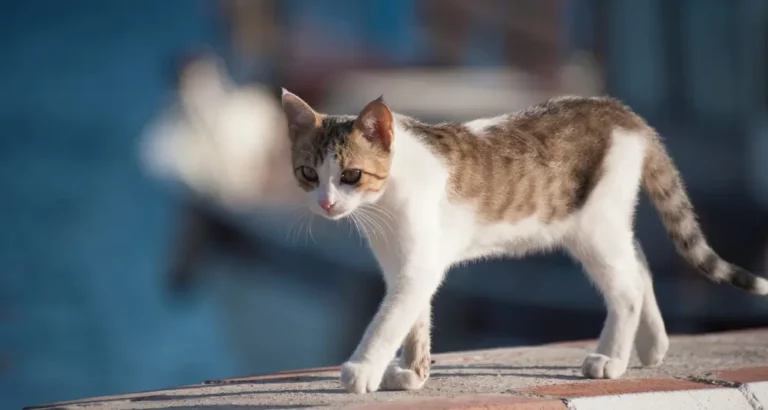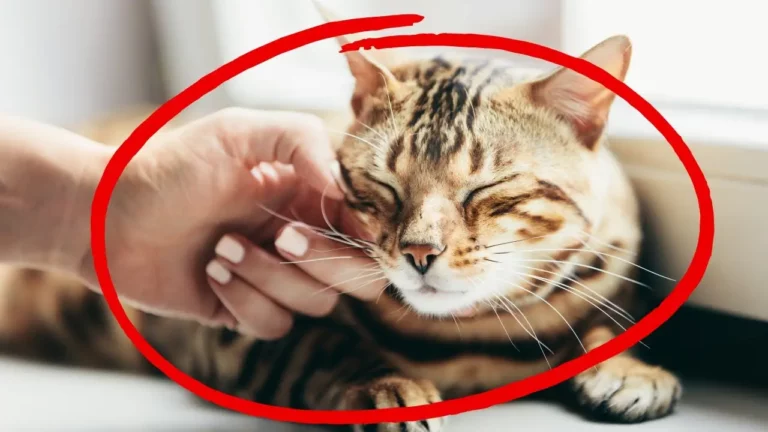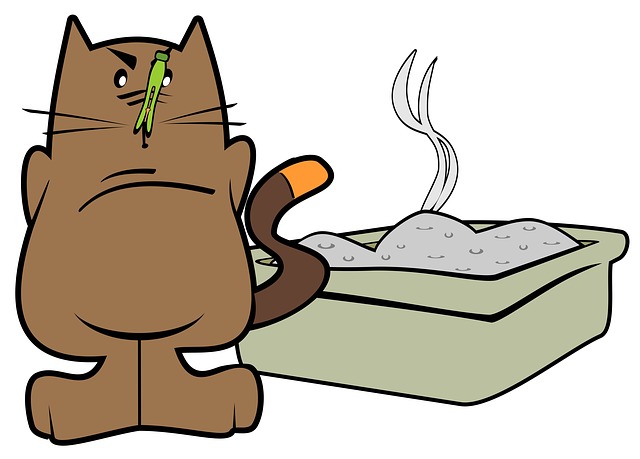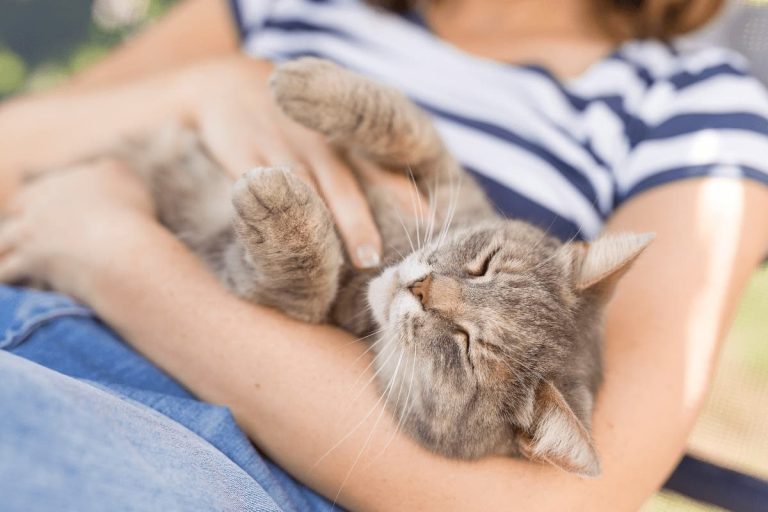Why Do Cats Suckle Blankets? We Have The Answers
Have you ever wondered why your
This curious behavior traces back to their kittenhood. When cats were young, they nursed from their mothers, feeling secure and comforted. As adults, they often replicate this soothing action, especially when they’re stressed or anxious.
But there’s more to it than just a simple habit from their early days.
By understanding the underlying reasons, you can better support your
Curious about the deeper instincts driving this behavior and how you can help? Let’s explore further.
Comfort From Kittenhood
Many cats suckle blankets because it reminds them of the comforting act of nursing from their mothers during kittenhood.
This behavior often starts when cats are very young and continues into adulthood.
When kittens nurse, they knead their mother’s belly to stimulate milk flow, creating a sense of warmth and security.
As they grow older, some cats transfer this behavior to soft items like blankets, which mimic the texture and feel of their mother’s fur.
You might notice your
This isn’t just random behavior; it’s a deeply ingrained instinct.
The repetitive motion and soft texture provide a soothing experience for your
It’s similar to how humans might find comfort in certain habits or objects from childhood.
Understanding this connection to kittenhood can help you appreciate why your
Providing your
Stress and Anxiety Relief
Cats also suckle blankets as a way to relieve stress and anxiety. Just like humans, cats can experience stress from changes in their environment, such as moving to a new home, the introduction of another pet, or even loud noises.
When your
The repetitive motion and soft texture can soothe their nerves, providing a sense of calm and relaxation.
You might notice your
It’s their way of coping and finding a moment of peace in a situation that feels overwhelming.
By suckling, they can create a safe space for themselves, similar to how some people might use a stress ball or meditate to unwind.
To help your kitty, try to identify potential stressors in their environment.
Provide them with a quiet, safe space where they can retreat.
Ensure they’ve regular routines and plenty of attention. Toys, scratching posts, and cozy bedding can also make a big difference.
Instinctual Behavior
Even though it might seem odd, suckling on blankets can actually be a leftover instinct from kittenhood.
When kittens nurse from their mother, they often knead and suckle to stimulate milk flow.
This behavior isn’t just about nourishment; it’s also deeply comforting to them.
So, if your adult
Your
If a kitten is separated from its mother too early, it might continue to seek that nursing comfort through other means, like suckling on soft fabrics.
This habit can easily carry over into adulthood, especially if the
Cats are creatures of habit, and behaviors formed during their early days can persist.
While it might look strange to you, it’s a natural and harmless activity for them.
Conclusion
Understanding why cats suckle blankets can help you better support your
By recognizing this behavior as a comforting habit from kittenhood, a response to stress and anxiety, and an instinctual action, you can create a safe, nurturing environment.
Providing soft fabrics and a calm space can alleviate their stress, ensuring they feel secure.
Remember, your attentiveness to their needs plays an essential role in their well-being, fostering a happier and more relaxed
